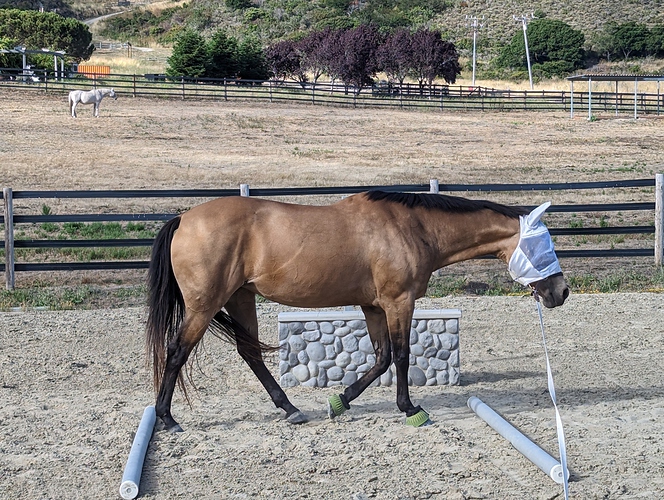TLDR I’m looking for research (not opinion) on amounts of vitamins/minerals/amino acids a horse should have per day.
Longer story: just got a new horse in last week, she’s on a ton of SmartPak supplements. I’m not a huge fan of SP because of the waste and I hate opening those damn things. I also think a lot of people buy into supplements because of marketing or pseudo science and a lot of them aren’t needed. My understanding (I could be totally wrong) was that Platinum Performance was one of the few companies that had research to back up their supplements and the levels in them. My horses have been on PP CJ for years and I’ve had great results.
However, I just compared levels in all of the SmartPak supplements this horse is on to the PP CJ and they’re all much higher, sometimes more that double the PP level. Am I missing something? Are the higher levels necessary?
The horse is doing well on the SP, but if it’s 1) more expensive than PP, and 2) is providing “wasted” ingredients, then the owner is open to switching to PP. Switching to PP would make my life slightly easier but all I care is that the horse is getting what she needs.

